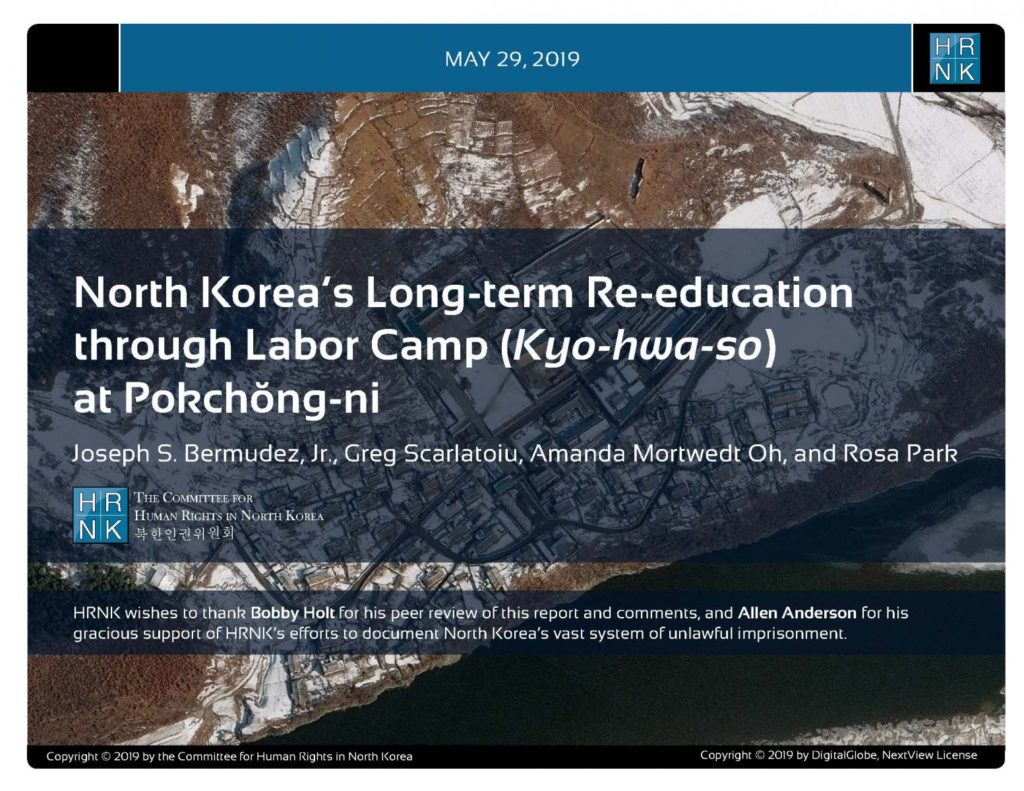 The United Nations’ independent investigator on human rights in North Korea said Friday there are signs the country and China are strengthening their efforts to track down people who have escaped from the North. Tomas Ojea Quintana said he raised the issue in meetings with South Korean officials and urged them to play a more active role in preventing China from sending the escapees back to North Korea, AP reports:
The United Nations’ independent investigator on human rights in North Korea said Friday there are signs the country and China are strengthening their efforts to track down people who have escaped from the North. Tomas Ojea Quintana said he raised the issue in meetings with South Korean officials and urged them to play a more active role in preventing China from sending the escapees back to North Korea, AP reports:
He said he was receiving increasing numbers of accounts of fleeing North Koreans, including children, being detained in the city of Shenyang in northeastern China, and that there are signs Chinese authorities have recently strengthened their search for escapees in collaboration with the North Korean government.
Recent reports from Human Rights Watch and the United Nations confirm that a thriving North Korea exists only in propaganda promoted by President Kim Jong Un, Martin Kuz writes for Christian Science Monitor. Yet as U.S. and South Korean officials seek to persuade him to halt North Korea’s nuclear weapons program, they have seldom broached the issue of human rights. The omission has drawn scrutiny from advocates as much for the proximity and shared history of the countries as for South Korean President Moon Jae-in’s background as a human rights lawyer.
The Committee for Human Rights in North Korea (HRNK) has launched the report North Korea’s Long-term Re-education through Labor Camp (Kyo-hwa-so) No. 4 at Kangdong. Osaka-based Asia Press shared ground imagery of this detention facility with HRNK. For the first time in its history, HRNK was able to base its analysis of a detention facility on the combination of satellite and ground imagery of the same structures. According to report author Joseph S. Bermudez, Jr., “if a transitional justice process ever takes place in North Korea, such thorough documentation of detention facilities will be critical.”
The report was authored by senior satellite imagery expert Joseph S. Bermudez, Jr., in collaboration with HRNK’s Greg Scarlatoiu, Amanda Mortwedt Oh, and Rosa Park, with the assistance of veteran satellite imagery specialists Bobby Holt and Allen Anderson.
Last week marked one year since the historic U.S.–North Korea summit in Singapore. While Washington has little to show in the way of denuclearization, disarming North Korea’s nuclear arsenal remains a top priority. But U.S. efforts to address the threat from Pyongyang may need to go further, says RAND’s Soo Kim. The United States and its allies could also take steps to address the regime’s illicit revenue-generating schemes, “sanctions-skirting tactics,” and poor human rights record, she says. RTWT







